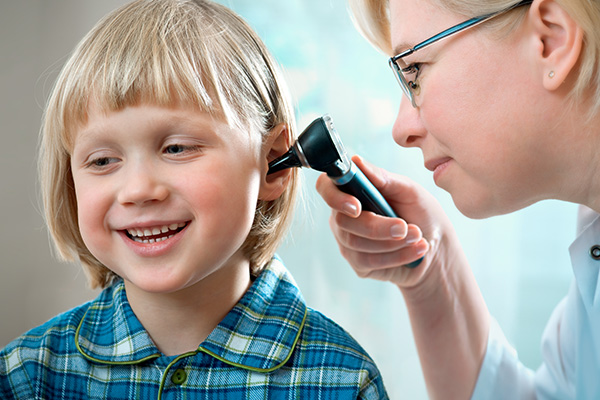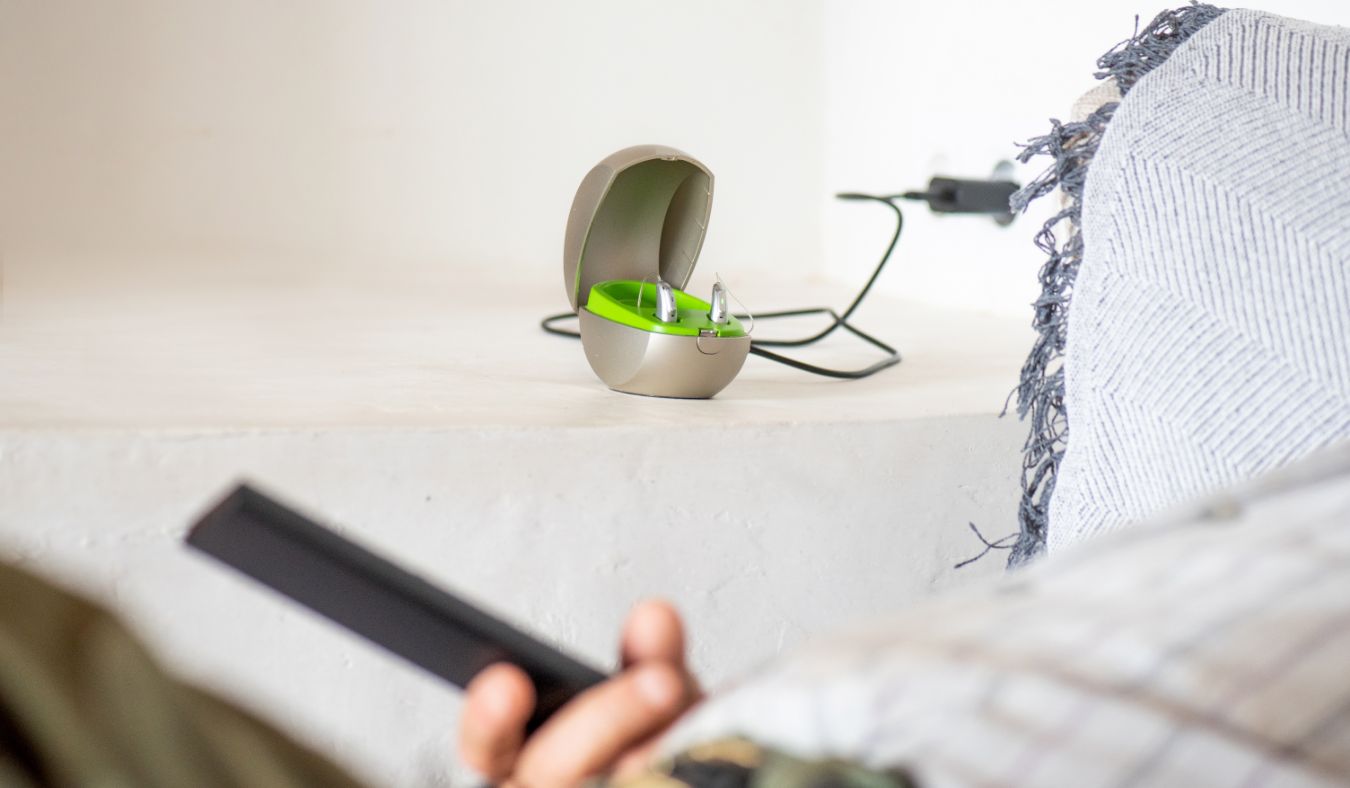The Benefits of Joining Hearing Health Support Groups
Hearing loss can subtly change daily life, influencing conversations with


Hearing loss can subtly change daily life, influencing conversations with

Audiologists are highly trained healthcare professionals who specialize in

Hearing loss is a common issue that affects millions of people worldwide,